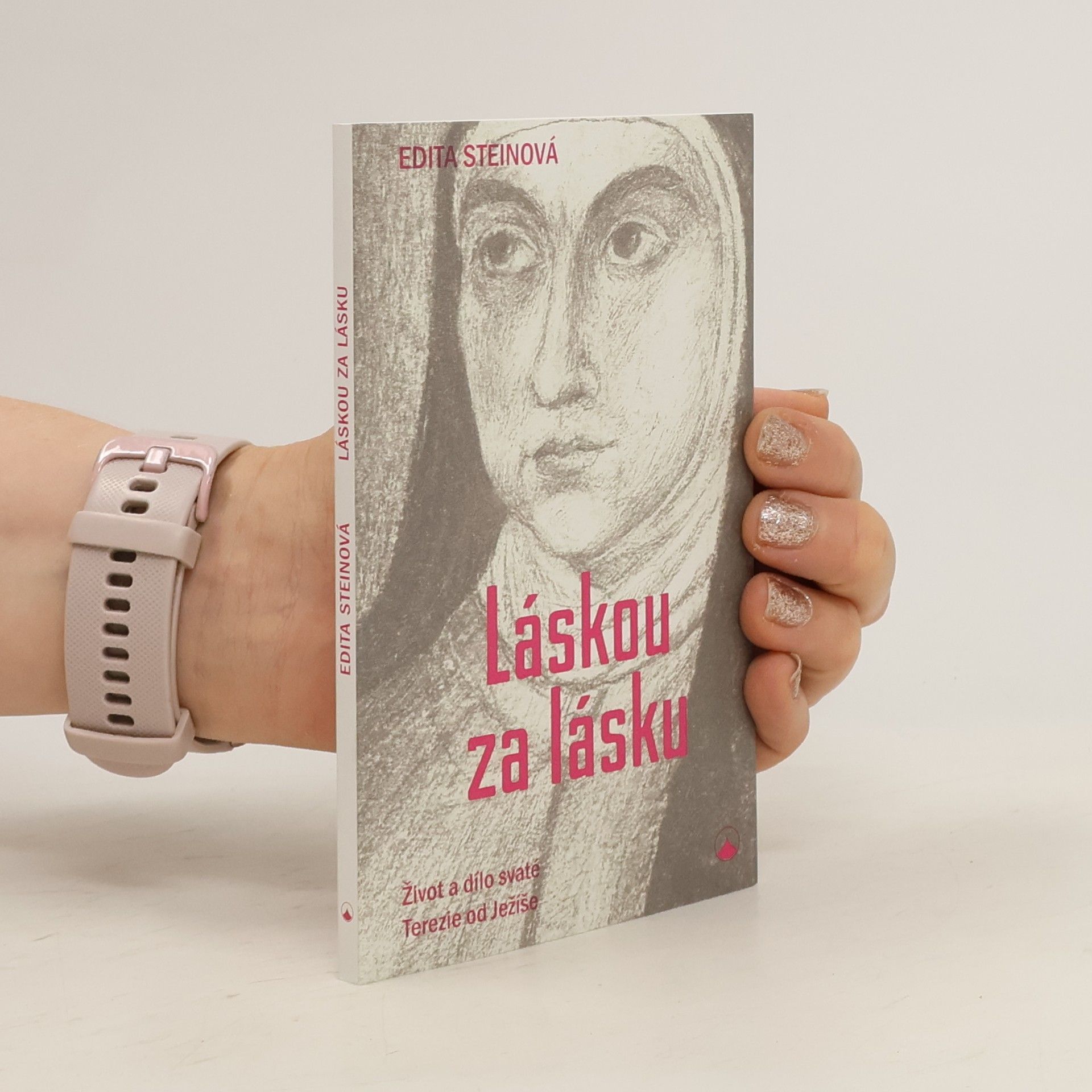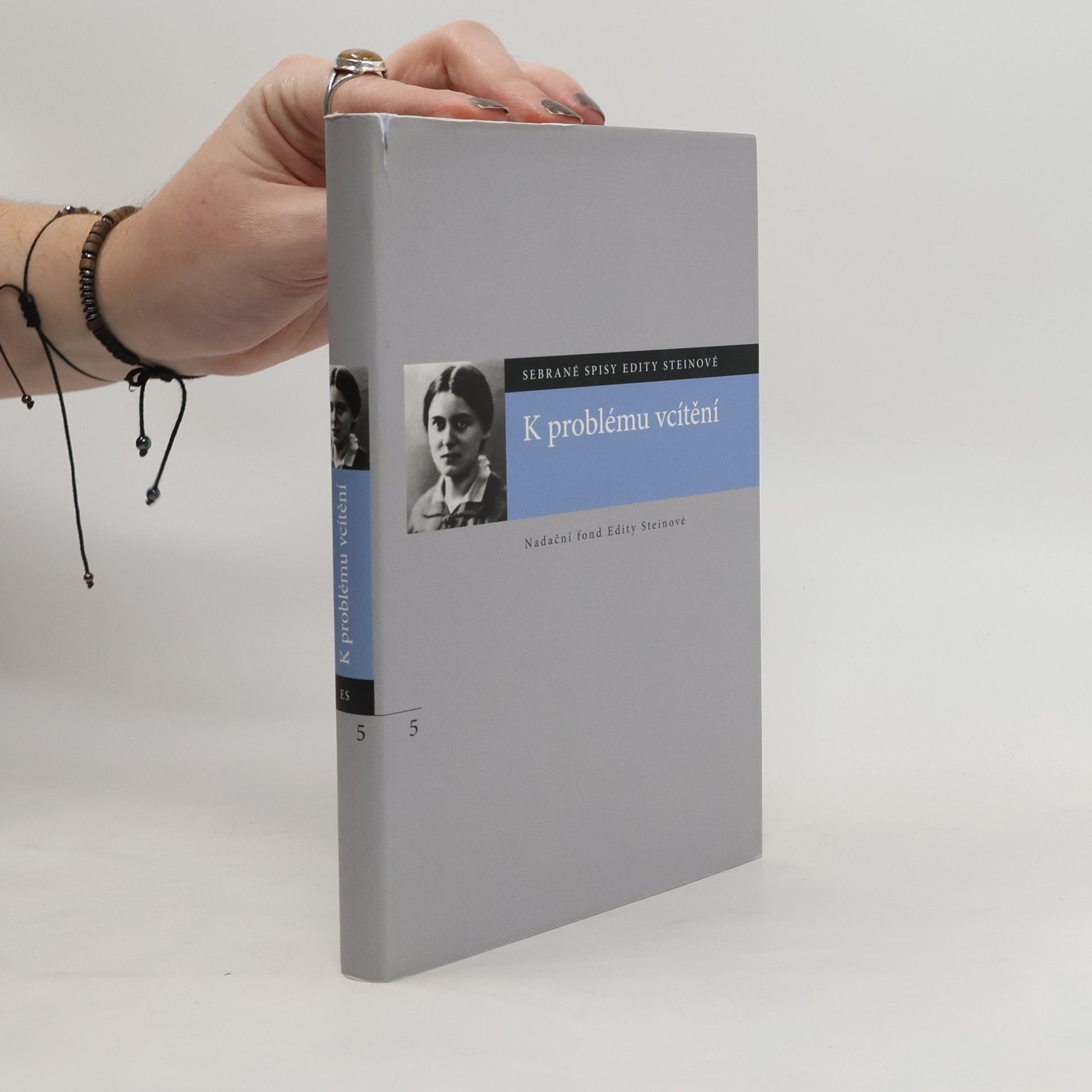Edith Stein and Roman Ingarden, both students of Edmund Husserl, maintained an extensive correspondence from 1917 to 1938, comprising 162 letters, most published here for the first time. Their friendship, which spanned their adult lives, is illuminated through Stein's letters, chronicling her journey from student days to her conversion from Judaism to Catholicism, her professional life, and her choice to become a Carmelite nun in Cologne, adopting the name Teresa Benedicta of the Cross. The correspondence concludes in 1938, as the Nazi threat escalated in Eastern Europe, complicating communication across borders. Four years later, Stein was arrested by the Nazi SS in the Netherlands, transported to Auschwitz, and killed in the gas chambers, while Ingarden survived the war, continued his academic pursuits in Poland, and passed away in 1970. Although Ingarden's letters to Stein are lost, her letters provide insights into his life, intellectual development, and the editorial support she offered for his German publications. Translated by Dr. Hugh Candler Hunt, this premiere English edition offers a fascinating glimpse into Stein's life, showcasing her warmth, humor, and profound intellectual and spiritual depth. The volume includes 13 photos, a bibliography, and an index.
Edita Stein Libri
Edith Stein fu una filosofa ebrea tedesca il cui percorso intellettuale la condusse dalla fede dei suoi antenati, attraverso l'ateismo, a una profonda devozione alla Chiesa Cattolica Romana. Come monaca carmelitana, la sua vita divenne l'incarnazione dell'indagine filosofica sulla verità e sulla fede. La sua opera approfondisce le domande esistenziali e la ricerca di significato nel mezzo della sofferenza. È un'ispirazione per coloro che cercano di connettere ragione e spiritualità.

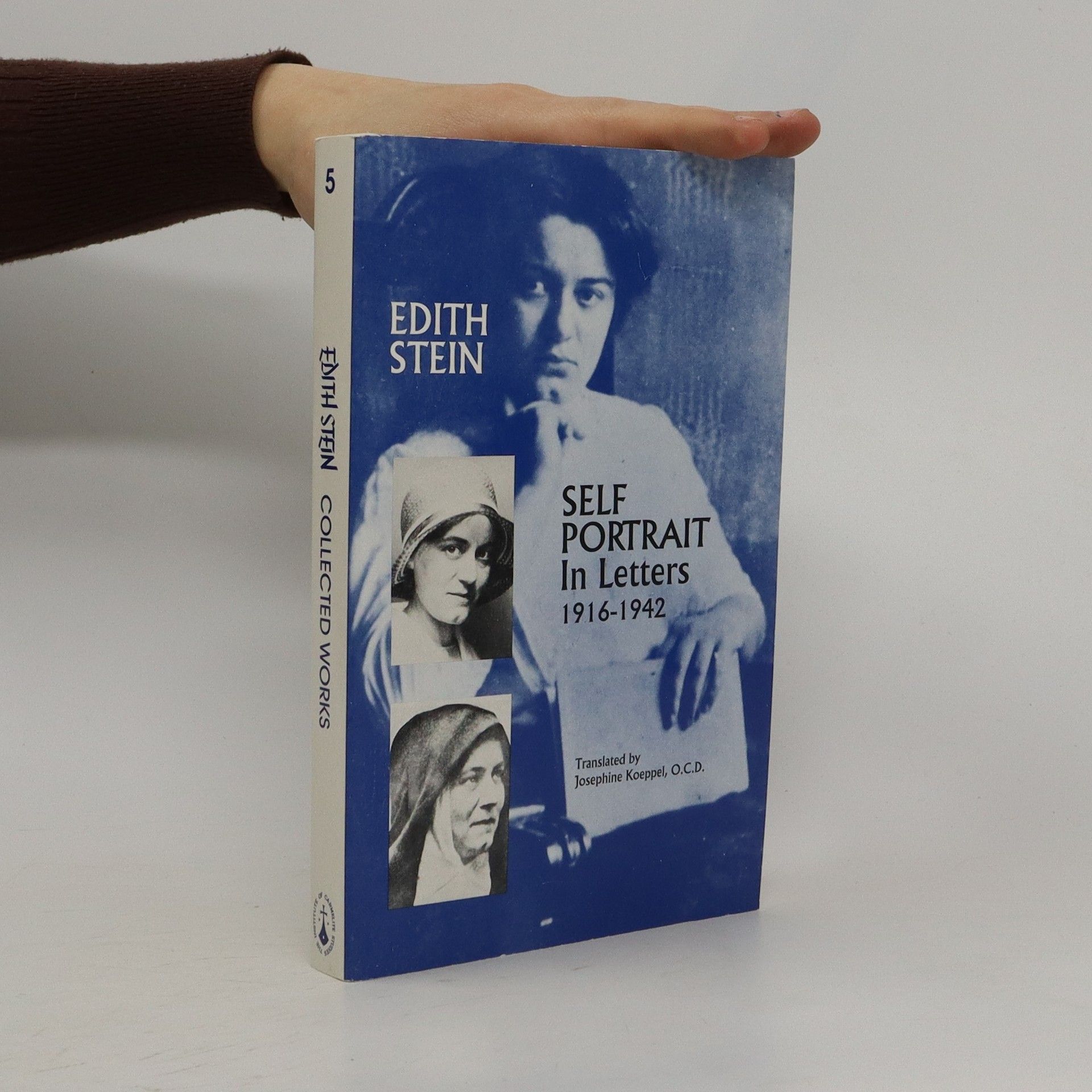


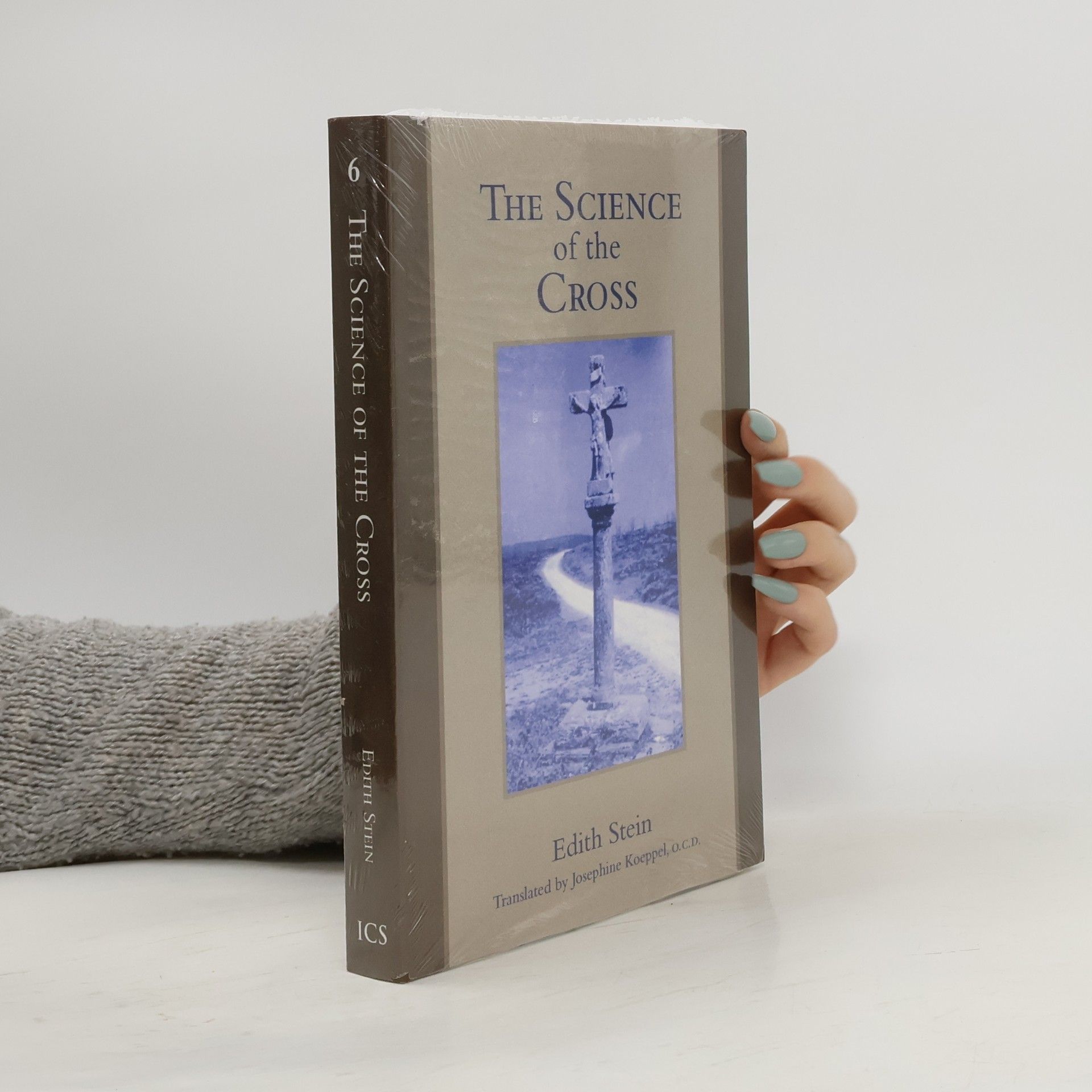
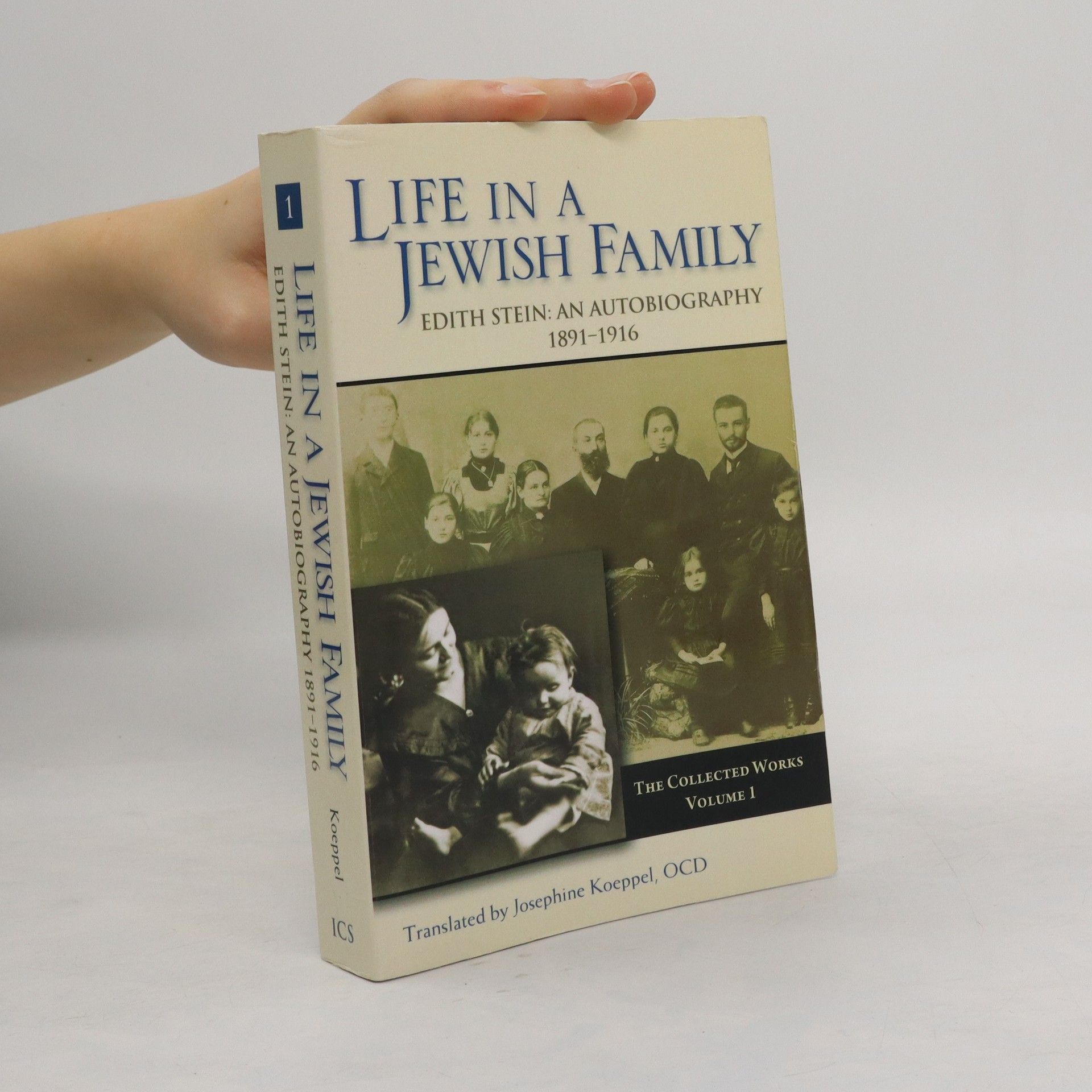
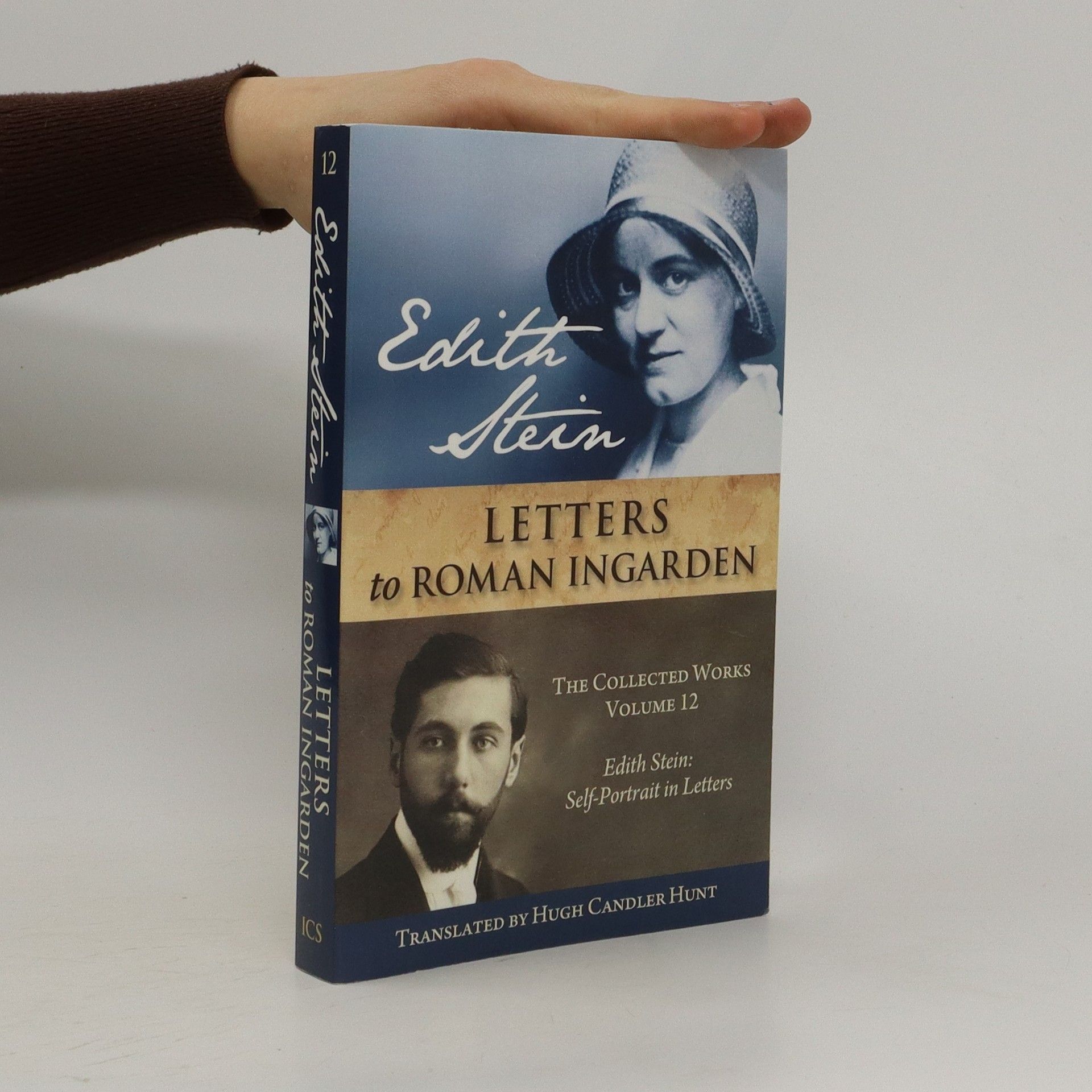
Life in a Jewish Family
- 548pagine
- 20 ore di lettura
Edith Stein: Life in Jewish Family - The Collected Works of Edith Stein, Vol. One By Edith Stein, translated by Josephine Koeppel, OCD. Edith Stein's autobiography, with map and 11 pages of photos. This initial volume of the Collected Works offers, for the first time in English, Edith Stein's unabridged autobiography depicting herself as a child and a young adult. Her text breaks abruptly because the Gestapo arrested and deported her to Auschwitz in 1942. Edith Stein is one of the most significant German women of our century. At the age of twenty-five she became the first assistant to the founder of phenomenology, Edmund Husserl. She was much in demand as a writer-lecturer after her conversion from atheism to Catholicism. Later, as a Carmelite nun, she maintained her intellectual pursuits, until she died along with so many other Jewish people in the Holocaust. By making this story available in English, the Institute of Carmelite Studies provides an eye-witness account of persons and activities on the scene at the time when psychology and philosophy became separate disciplines. A preface, foreword, and afterword to Edith's text brings out many background details of the rich story she has left us. "A splendid translation, filled with a deep understanding of Edith Stein." - Cistercian Studies
The Science of the Cross
- 358pagine
- 13 ore di lettura
To celebrate the fourth centenary of St. John of the Cross's birth in 1542, Edith Stein was tasked with preparing a study of his writings. Utilizing her philosophical skills, she reflects on the symbols of the cross and night, illustrating how entering the night equates to carrying the cross. Her analysis condenses John's thoughts on the active and passive nights from *The Ascent of Mount Carmel* and *The Dark Night*, ultimately leading to the glory of resurrection shared through unitive contemplation, primarily discussed in *The Living Flame of Love*. In the summer of 1942, the Nazis arrested Edith, and her profound manuscript was found open in her room. After fleeing to Holland for safety, she faced renewed danger with the Nazi invasion. Her superiors assigned her the study of St. John of the Cross to distract her from the looming threat. Given her circumstances, the theme of the cross became central to her work, allowing her to explore John's unity of being as reflected in his life and writings. Through her phenomenological training, she elucidates the symbolic differences between the cross and night, emphasizing that detachment is a necessary night for the soul's union with God. She describes the spiritual marriage as a surrender of the inmost regions of both God and the soul, where mortal existence is consumed by eternal love, guiding the spirit from the cross of Christ to the glory of resurrection.
An Investigation Concerning the State
- 202pagine
- 8 ore di lettura
"Any state exists only for the benefit of human beings. this basic tenet of Edith Stein's political thought rests on her conviction that humanity is fundamentally one community, precious beyond measure. Differences of race, culture, and language offer us means to grasp the values of life uniquely so that we may share them universally, reaching across all such social boundaries. ..... " [from back cover]
Potency and act
- 576pagine
- 21 ore di lettura
Edith Stein comes alive through these warm, totally attentive letters. She joins a deeply sensitive heart with her keen intelligence, revealing herself to be a wise mentor and a caring friend available to anyone who approached her. Here we learn what was truly important to her: the total well-being of those who treasured her letters enough to preserve them even while suffering the havoc of war and oppression. This volume offers the first English translation of the majority of her surviving letters, with 4 photos and an index of recipients.
Drobný, ale obsahem velice hutný spisek od Edith Stein v novém překladu, ve kterém autorka zdůrazňuje pokoj, který narozením Božího Dítěte přichází do lidských srdcí, je však vzdálena jakémukoli lacinému sentimentu, vždyť po svátku Narození Božího Syna následují svátky prvních mučedníků: „Tajemství Vtělení a tajemství zla spolu úzce souvisejí. (...) Před Dítětem v jesličkách se tříbí duchové.”
Myšlenky a dopisy
- 22pagine
- 1 ora di lettura
Texty sest. Sr. Teresia a Matre Dei z Karmelu v Kolíně nad Rýnem. Krátké texty velké karmelitánské světice moderní doby.
Brilantně a přitom vroucně napsaný životopis Terezie z Avily z pera Edity Steinové ukazuje niternou spřízněnost obou velkých žen církve. Edita Steinová se cítila být učednicí velké španělské světice. Jak říká v úvodu ke svému spisku, „rádi bychom si do dnešní doby odnesli něco z ducha této velké ženy, která ve století bitev a zmatků projevila neuvěřitelné zakladatelské úsilí. Ať nám ona sama dá požehnání, aby na tento malý portrét jejího života a působení dopadl alespoň některý z paprsků jejího ducha, jenž by se dotkl srdcí čtenářů“.
V srpnu roku 1916 obhájila Edita Steinová u Edmunda Husserla ve Frieiburgu im Breisgau svou disertační práci nazvanou K problému vcítění (Zum Problem der Einfuhlung), a to summa cum laude, a stala se poté soukromou asistentkou svého „mistra”. V této své prvotině se věnuje tématu, jež Husserl do té doby blíže nezkoumal, totiž tématu intersubjektivity. Východiskem Husslerovy fenomenologie byl subjekt a odpovídajícím metodickým postupem mu bylo „zření podstaty“, intuice. Přitom ovšem dosud nezkoumal, nakolik by se toto zření dalo zprostředkovat jinému subjektu - tedy i objektivně prověřit. Edita Steinová chtěla tuto tematiku zkoumat ve vztahu k problému vcítění do druhých subjektů. Její práce je ve 20. století jedním z prvních myšlenkových pokusů ukázat tělesnost druhého jako základ intersubjektivního rozumění.


